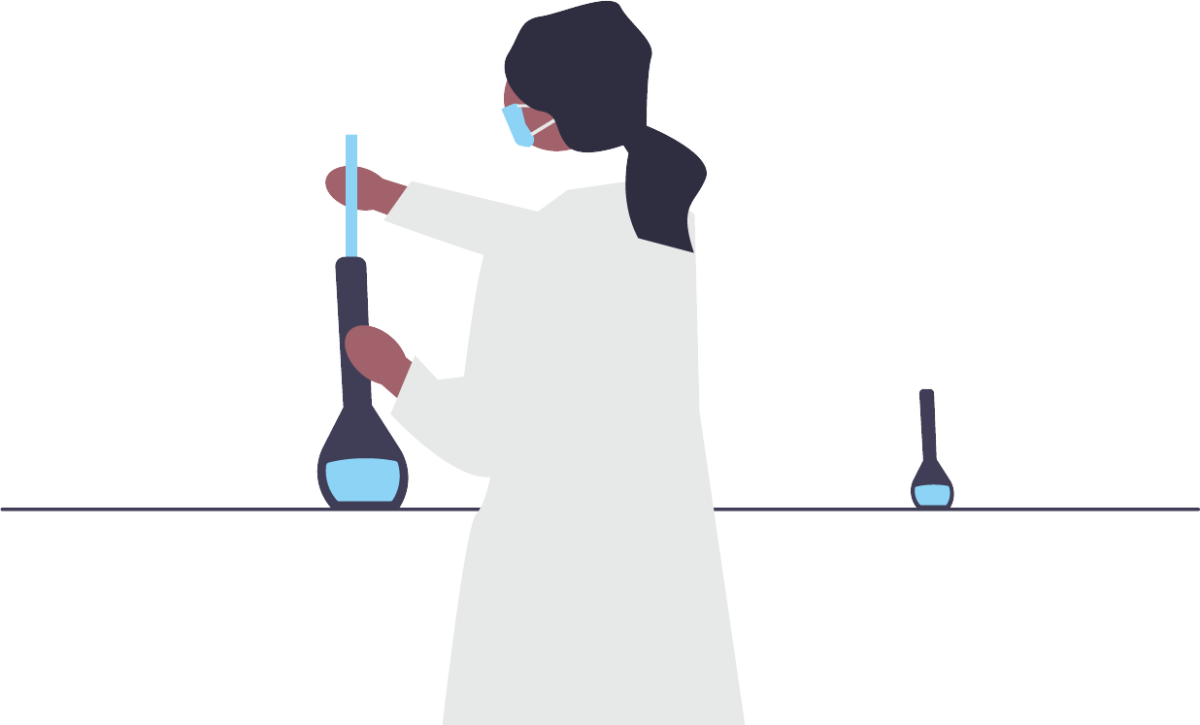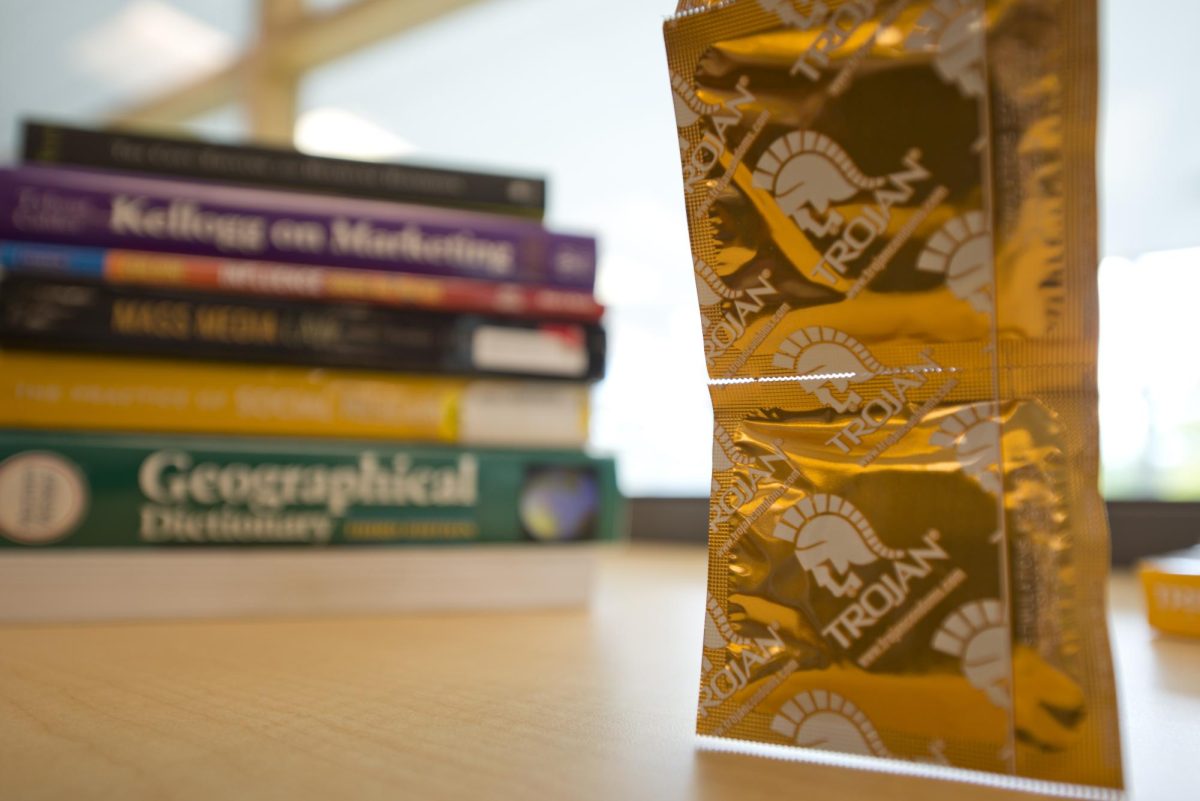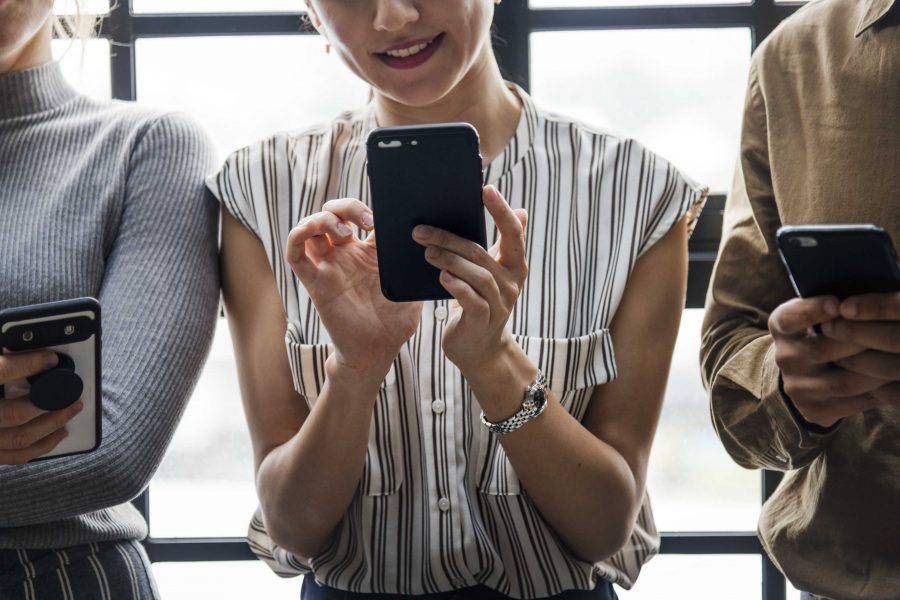I check my cell phone obsessively. Emails from work and internships pile up if I’m not diligent in my responses, and my family grows concerned about me if I don’t answer their messages quickly enough. I don’t know how I would keep up with my schoolwork if I couldn’t check my Canvas to-do list online. I instinctively pull out my phone when I’m walking somewhere, particularly if I’m bored or if I want to procrastinate. It doesn’t matter if I’m in class or on a date: the urge to check my phone to see if there’s anything new is overwhelming. My unhealthy relationship with my cell phone has negatively affected my academic and professional performance, my relationships and my mental health. Research into the effects of cell phone overuse shows that my experience is very common — in fact, a Baylor University study on cell phone activity published in the Journal of Behavioral Addictions shows that 60 percent of college students admit that they may be addicted to their cell phone.
This likely won’t come as much of a surprise for anyone who spends time on a college campus. According to the same Baylor University study cited above, female college students spend 10 hours per day on their phones while male college students spend eight. Students walk around campus with their heads down because they are checking their phones. More often than not, anyone who gets in an elevator pulls out their phone to look at it. To the chagrin of professors, many students find their phones more interesting than the lectures that they pay to attend. The Center for Internet and Technology Addiction conducted a survey with AT&T that found that 53 percent of Americans “feel ill-at-ease or uncomfortable when [they] accidentally leave [their] smartphone in the car or at home, have no service or have a broken phone” and that 35 percent “feel reluctant to be without [their] cell or smartphone, even for a short time.” The survey is available online for cell phone users to identify whether they overuse their phones. Take the quiz and reflect on your cell phone use because overuse can have some serious and negative effects.
Cell phone overuse can primarily damage your academic and professional performance, your relationships and your mental health. A Kent State University study found that students who overused their phones had lower GPAs, higher anxiety levels and lower life satisfaction than their peers who didn’t use their phones as much. In this study, the differences were statistically significant. A different study from Brigham Young University found that the majority of the 143 married/cohabitating women surveyed reported that cell phone overuse “frequently interrupted their interactions, such as couple leisure time, conversations, and mealtimes with their partners” and “more conflict over technology use, lower relationship satisfaction, more depressive symptoms, and lower life satisfaction” than the participants who didn’t report cell phone overuse.
I, for one, don’t need to look at a study to know that cell phone overuse can be negative. My procrastination, anxiety about work and poor coping mechanisms for boredom and loneliness are exacerbated by the convenient entertainment that my cell phone provides. Without a doubt, it has negatively affected my performance, my relationships and my mental health.
The prevalence of cell phone overuse and its proven negative effects should make us reconsider our relationships with our cell phones. Initial steps could include honesty when determining whether you overuse your phone and what areas of your life are being negatively affected. Creating space between you and your phone is also helpful — try turning off your phone for a while or leaving it in a purse or bag while you have a conversation so that checking it isn’t so tempting. Consider installing an app like “Space” (available on both Apple and Android) to help you be mindful of your usage. As soon as you finish reading this article, put your phone down. Breathe deeply. Read a physical book, talk to someone face-to-face or go outside. Take control of your phone usage for the sake of your academic and professional performance, your relationships and your mental health.

















